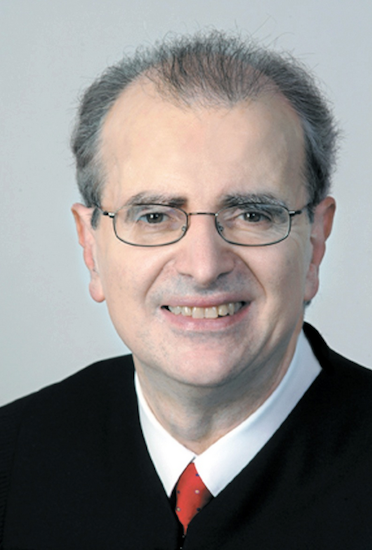Chuck Otey’s Pro Bono Barrister for October 28

Screen Shot 2013-10-28 at 9.39.06 AM.png
‘Yes’ on Prop. Six Is Vote For Integrity of Legal System
A few short years ago, our media featured story after story noting that 13 years had passed since the state Legislature had deigned to provide a raise for some 1,250 members of the state judiciary. Often the press was fair to the judges, probably because they had an even stronger bias regarding Albany’s office-holders, whom they viewed as a low form of human animal.